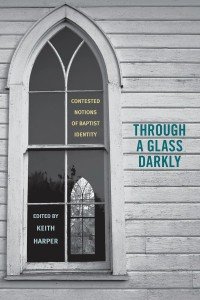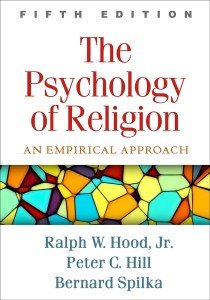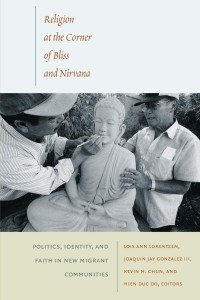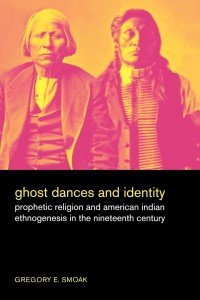Review
Rabbi Jonathan Sacks' A Letter in the Scroll: Understanding Our Jewish Identity and Exploring the Legacy of the World's Oldest Religion," published in 2004, is not merely a book about Judaism; it's a profound meditation on faith, history, and the enduring power of a tradition to shape individual lives and global society. Sacks, renowned for his intellectual rigor and eloquent prose, crafts a compelling narrative that transcends the limitations of a strictly religious text, appealing to both devout Jews and those seeking a deeper understanding of this ancient faith.
The book's structure, resembling a letter addressed to the Jewish people – and, by extension, to humanity – immediately establishes a personal and engaging tone. Sacks avoids dry theological exposition, instead weaving together historical narratives, philosophical reflections, and personal anecdotes to illuminate the core tenets of Judaism. He masterfully bridges the gap between ancient texts and contemporary realities, showing how the challenges and triumphs of the past continue to resonate in the present.
One of the book's strengths lies in its nuanced exploration of Jewish identity. Sacks rejects simplistic definitions, acknowledging the diversity of Jewish experiences across geographical locations, historical periods, and individual beliefs. He skillfully navigates the complex relationship between halakha (Jewish law) and halakhah (the process of interpreting law), showing how tradition can be both a source of stability and a catalyst for innovation. He doesn't shy away from addressing the internal debates and tensions within Judaism, highlighting the ongoing dialogue between different schools of thought and interpretations. This nuanced approach avoids the pitfalls of presenting a monolithic view of Judaism, making the book accessible and relatable to a broader audience.
Sacks masterfully connects Jewish history to universal themes. He delves into the historical narratives of the Jewish people, not simply as a chronological recounting but as a tapestry woven with themes of covenant, exile, redemption, and the enduring search for meaning. He skillfully connects these narratives to broader philosophical questions about the nature of God, the meaning of suffering, and the pursuit of justice. This comparative approach enhances the book's appeal, allowing readers from various religious and philosophical backgrounds to appreciate the depth and universality of the Jewish experience.
However, the book is not without its limitations. Some readers may find Sacks' emphasis on traditional Jewish observance to be somewhat exclusive. While he acknowledges the diversity within Judaism, his perspective undeniably leans towards a more traditional, orthodox interpretation. This might leave those from more liberal or reform branches of Judaism feeling somewhat underserved. However, his emphasis on dialogue and intellectual engagement ultimately transcends simple denominational categorization. Additionally, the sheer breadth of topics covered – from the intricacies of Jewish law to the challenges of modern secularism – means that some areas might be treated superficially.
Despite these minor criticisms, A Letter in the Scroll remains a landmark achievement in Jewish literature. Sacks' ability to synthesize complex theological and historical material into a straightforward and engaging narrative is genuinely remarkable. He demonstrates a profound understanding of the Jewish tradition and its enduring relevance in a rapidly changing world. The book's powerful message of hope, resilience, and the enduring power of faith resonates deeply, offering readers a renewed appreciation for the rich tapestry of Jewish history and the continuing journey of the Jewish people. It's a book that rewards careful reading and reflection, offering intellectual stimulation and spiritual nourishment to those willing to engage with its profound insights. Ultimately, it serves not only as an introduction to Judaism but as a powerful testament to the enduring strength and beauty of a faith that has shaped civilizations for millennia.






